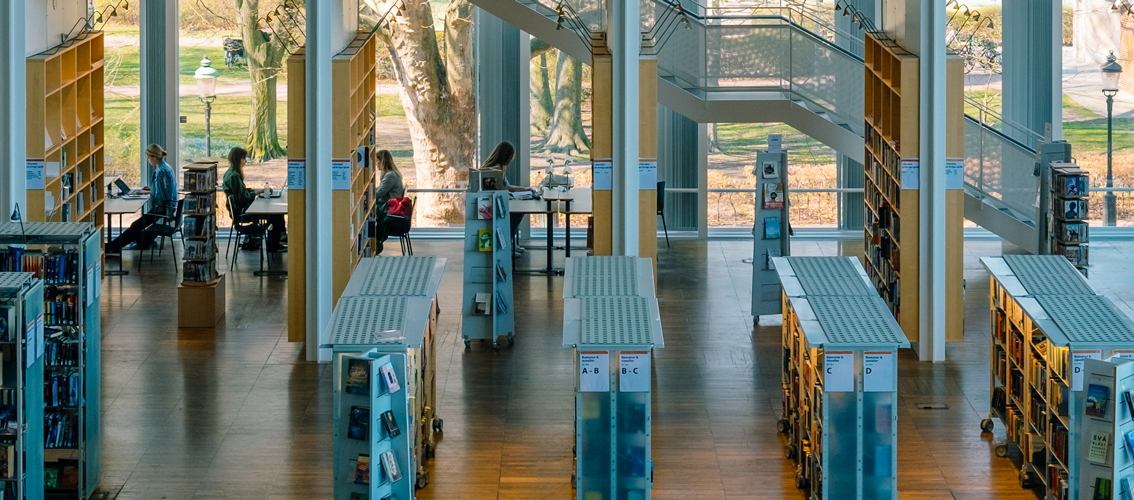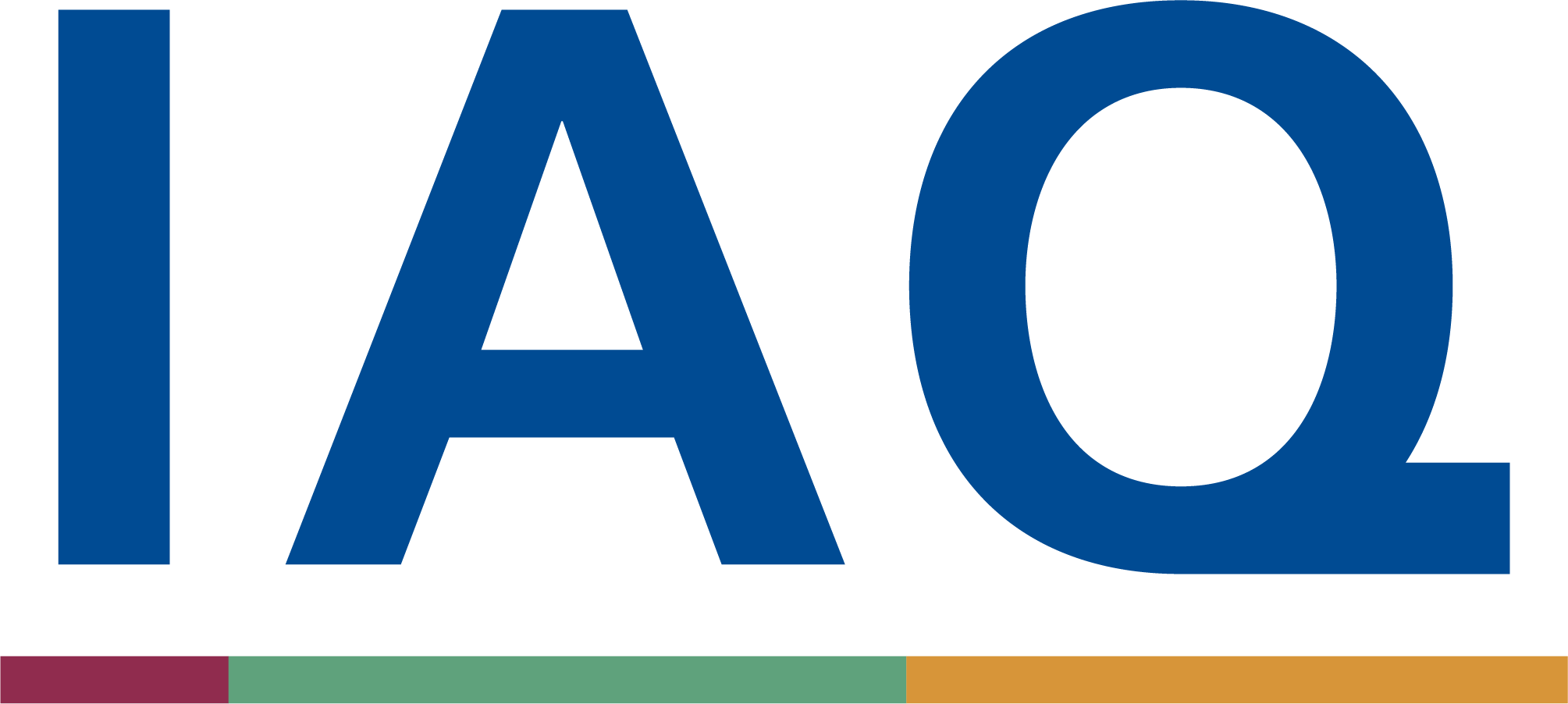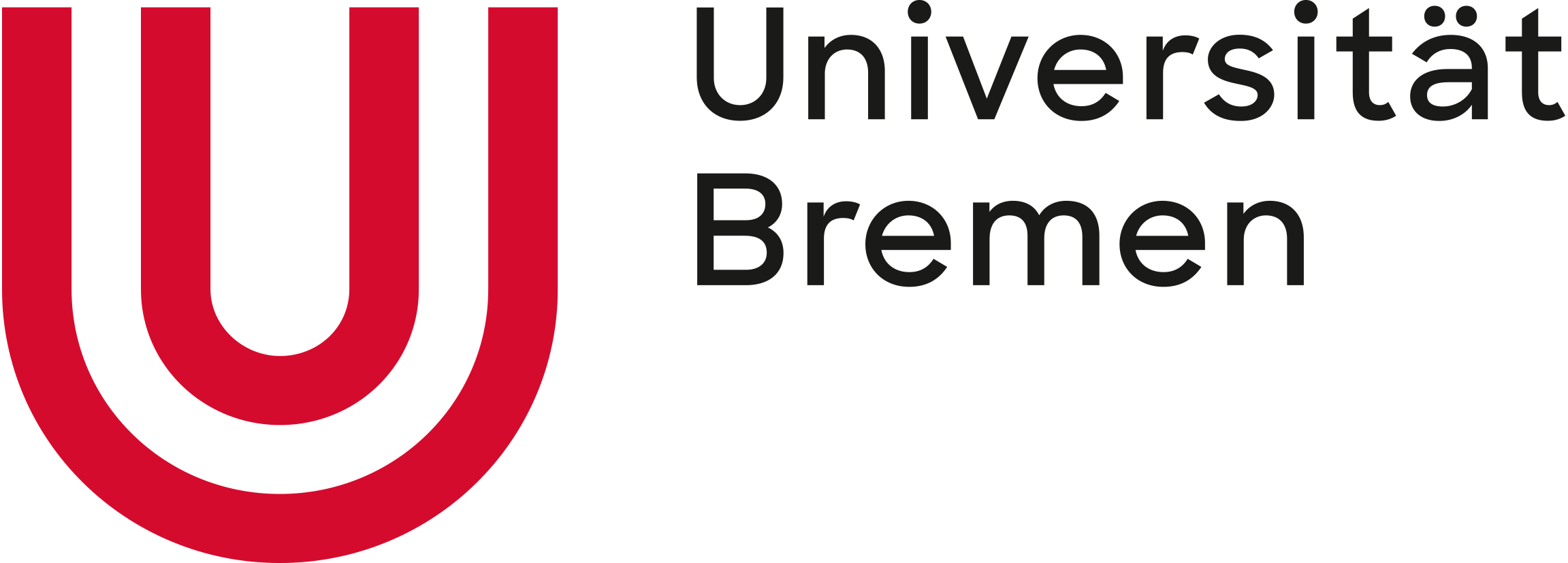Research
One of DIFIS’s central objectives is to identify previously unanswered questions in social policy research and to work on existing research gaps. To this end, a research programme is being developed that structures work at DIFIS into six research fields and is able to react flexibly to new challenges and questions in social policy. The research programme will be implemented by funding (small) projects conducted by external researchers and, from 2023 onwards, DIFIS will also conduct its own research in six flexible research teams with changing compositions.
Research programme
The DIFIS research programme was designed and developed in collaboration with a large number of relevant actors from research and practice. Taking the six basic research fields as a starting point, interviews and workshops with experts from politics, academia, public administration and civil society were conducted and short expert reports were commissioned in order to identify existing knowledge gaps and research needs. In the sense of a holistic understanding of social policy, the perspectives of different disciplines and groups of actors were thus incorporated into the DIFIS research programme.
Research fields
DIFIS’s six research fields are multi-topical and interdisciplinary. Consequently, it is possible to address both current and future research gaps within the framework of the DIFIS research programme. The questions of how social policy can contribute to making society more resilient and of how it can be designed in a sustainable way are considered, as are questions of migration and gender equality, the role of the labour market and the shaping of life courses in social protection, or the governance and organization of social policy as well as its political and social consequences.
Research field 1: Social policy and ecological sustainability
Research field 2: Challenges of the modern world of work
Research field 3: Transnational social security in the migration society
Research field 4: Life course and social policy
Research field 5: Social policy as process
Research Field 6: Social conflicts and social policy
You can find more information on DIFIS's six research fields here.
Fellows Programme and Guest Researchers
The work on DIFIS’s six research fields will be conducted by flexible research teams. In order to promote scientific exchange and to constantly receive new impulses, fellows and guest researchers will be integrated into the research work. To this end, DIFIS will launch a fellowship programme in 2023 and support visiting researchers from Germany and abroad. Further information will follow.
Analysis of data infrastructure
A well-functioning research infrastructure is an important prerequisite for a research landscape in which academically and politically integrated concepts can be developed which are of use to policy-makers, administrators and the interested public. To this end, the activity area “Data” will first compile a systematic overview of the existing data infrastructure in social policy research and then use this to identify gaps and new needs. A systematic survey will be conducted in 2022. This stocktaking will also facilitate the fine tuning of the DIFIS research programme with regard to existing or missing data resources.
Analysis of teaching & further training
High-quality and sustainable social policy research can only be ensured through interdisciplinary and research-oriented education. First of all, a survey of the social policy teaching on offer at universities and universities of applied sciences will provide information on the existing potentials and deficits. The survey will take place in 2021/22 and will consider the subjects of political science, sociology, social work, economics and law. The results will form the basis for the DIFIS recommendations on the further development and institutionalization of an interdisciplinary social policy qualification programme in Germany. In addition to training at universities of applied sciences and universities, the aim is also to impart knowledge about social policy at schools and to offer further training for practitioners in politics, administration and associations.











